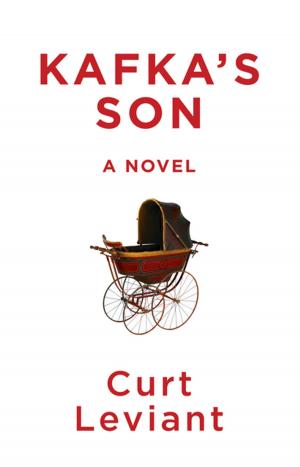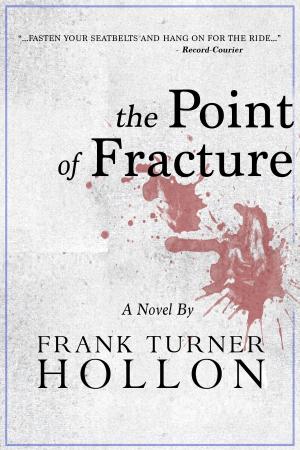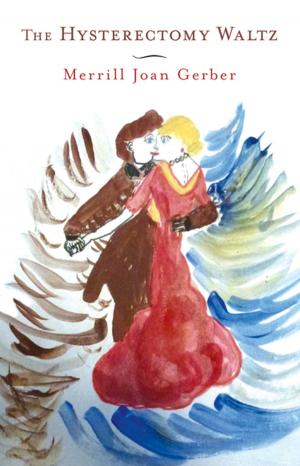| Author: | Richard Wiley | ISBN: | 9781941088791 |
| Publisher: | Dzanc Books | Publication: | May 27, 2014 |
| Imprint: | Dzanc Books | Language: | English |
| Author: | Richard Wiley |
| ISBN: | 9781941088791 |
| Publisher: | Dzanc Books |
| Publication: | May 27, 2014 |
| Imprint: | Dzanc Books |
| Language: | English |
In 1854, Commodore Matthew Perry steamed into Edo Bay and "opened" Japan to trade with America. As entertainment for the treaty-signing ceremony, Perry brought a white-men-in-black-face minstrel show-and thereby confirmed the widely whispered Japanese belief that trade with the American "barbarians" could only lead to cultural ruin. Yet the pawns in this clash of cultures-the minstrels, Ace Bledsoe and Ned Clark, and the Japanese interpreter, Manjiro Okubo-are just slightly more curious than cautious. Within the minstrels Manjiro sensed "the subtleties of spirit that reside in all good men." When Ace and Ned are unwittingly made part of a Japanese plot to undermine the American presence, Manjiro helps them escape into the countryside. Pursued by samurai, torn between treachery and loyalty, Manjiro and the minstrels (along with family, friends, and lovers) make their way across Japan, fleeing a showdown with the samurai that gradually becomes inevitable.
In 1854, Commodore Matthew Perry steamed into Edo Bay and "opened" Japan to trade with America. As entertainment for the treaty-signing ceremony, Perry brought a white-men-in-black-face minstrel show-and thereby confirmed the widely whispered Japanese belief that trade with the American "barbarians" could only lead to cultural ruin. Yet the pawns in this clash of cultures-the minstrels, Ace Bledsoe and Ned Clark, and the Japanese interpreter, Manjiro Okubo-are just slightly more curious than cautious. Within the minstrels Manjiro sensed "the subtleties of spirit that reside in all good men." When Ace and Ned are unwittingly made part of a Japanese plot to undermine the American presence, Manjiro helps them escape into the countryside. Pursued by samurai, torn between treachery and loyalty, Manjiro and the minstrels (along with family, friends, and lovers) make their way across Japan, fleeing a showdown with the samurai that gradually becomes inevitable.















